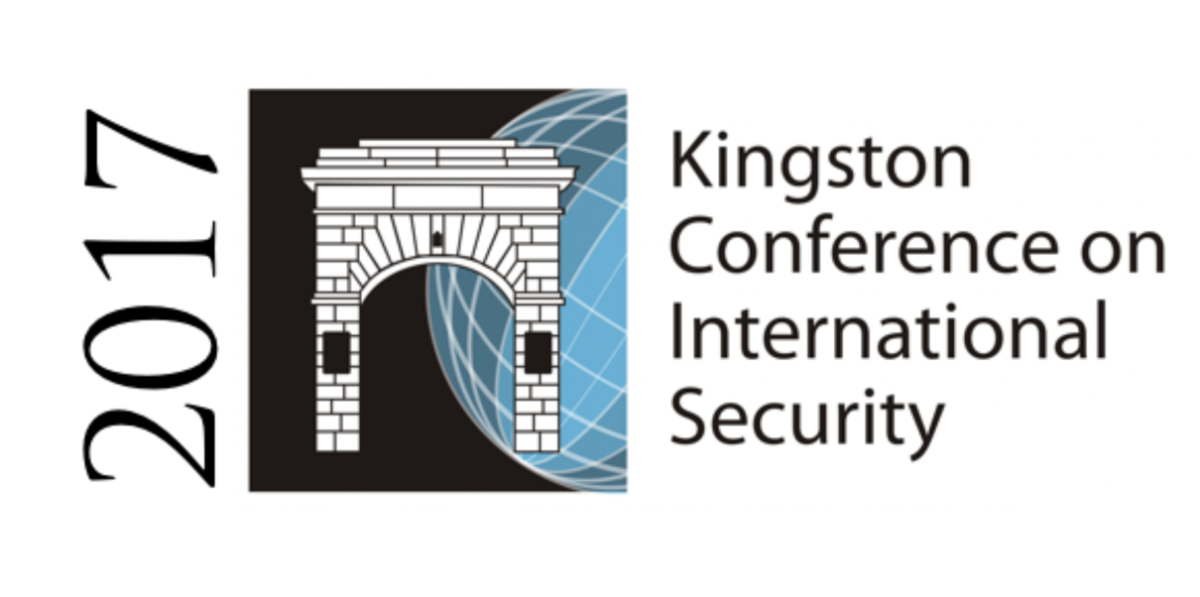Super soldier conference a super success
June 21, 2017
Share

Military, security, and political leaders from around the world came to Kingston to discuss what opportunities are on the horizon to enhance the performance of our soldiers, and the impact these initiatives could have on the members of the armed forces.
The 12th annual Kingston Conference on International Security (KCIS), held June 12-14, attracted 138 representatives from a variety of sectors to consider the topic of enhancing military performance. Notable attendees included representatives of NATO Defense College (Rome), various divisions of the U.S. army and navy, government representatives from countries such as China and Latvia, and academics from multiple American universities to name a few. The Canadian Armed Forces were also well represented, with Lt. Gen. Christine Whitecross, Maj. Gen. Michael Rouleau, Maj. Gen. Wayne Eyre, Maj. Gen. Simon Hetherington, Brig. Gen. Greg Smith, as well as several retired generals attending.
“The goal of the conference was to examine how best to advance military performance to maintain a competitive advantage, while not losing sight of the ethical, social, and policy implications of these enhancements,” says Stéfanie von Hlatky, Director of the Queen's Centre for International and Defence Policy (CIDP) and assistant professor of political studies. “In essence, our approach to this puzzle was to make the case for thinking more broadly about the enhancement of performance, or rather to put the human back into human performance. This approach was taken because we recognized that policymakers and practitioners continue to pursue the latest in military gadgets and technology to reduce limitations, ease burdens, or push the mind and body to the limit, yet they tend to overlook how these enhancements interact with social and cultural environments, which is instrumental for the achievement of successful operational outcomes.”
The conference program was designed to achieve a balance – looking at the physical, technological, and cognitive implications of human enhancement, as well as the social, ethical, and even emotional implications. The point of the conference was not to halt the development of innovative technologies that can improve capabilities or force protection, but to engage in critical analysis to pre-empt any unforeseen counterproductive effects, Dr. von Hlatky explains.
Feedback from both long-time and new attendees was overwhelmingly positive, with respondents highlighting the panel presentations, networking dinner, and final keynote. Several attendees said they were already looking forward to the next one.
KCIS is a partnership between the Centre for International and Defence Policy at Queen's University; the Canadian Army Doctrine and Training Centre; the Strategic Studies Institute at the U.S. Army War College; and the NATO Defense College, Rome. To learn more about the conference, visit the KCIS website.